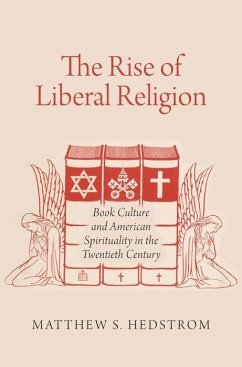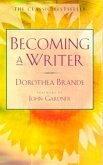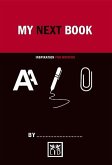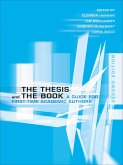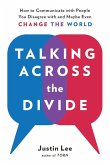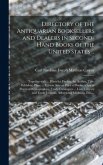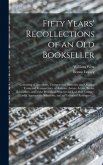In The Rise of Liberal Religion Matthew Hedstrom tells the story of how, beginning in the 1920s, American religious leaders joined forces with the publishing industry in an attempt to form a "spiritual center"-a set of widely accepted religious ideas, practices, and presuppositions that would hold together a fragmenting society, create new markets for books, and maintain the privileged status of these arbiters in American religious discourse. The consensus they sought to form was essentially a liberal Protestant one, but with elements of mysticism and psychology drawn in from the margins. With the coming of World War II, however, political leaders declared "books as weapons in the war of ideas," and the National Conference of Christians and Jews became the central broker of religious reading, coordinating a massive, nationwide Religious Book Week campaign that ran from 1943 to 1948. Spiritual unity was seen not simply as morally desirable for individuals but as essential to national survival. The idea of a religious center expanded to include, however tenuously, Jews and Roman Catholics and the term "Judeo-Christian" entered the national vocabulary. These developments laid the foundation for a culture of spiritual seeking that had lasting implications for middle-class American religious beliefs and practices for the remainder of the twentieth century and into the twenty-first.

